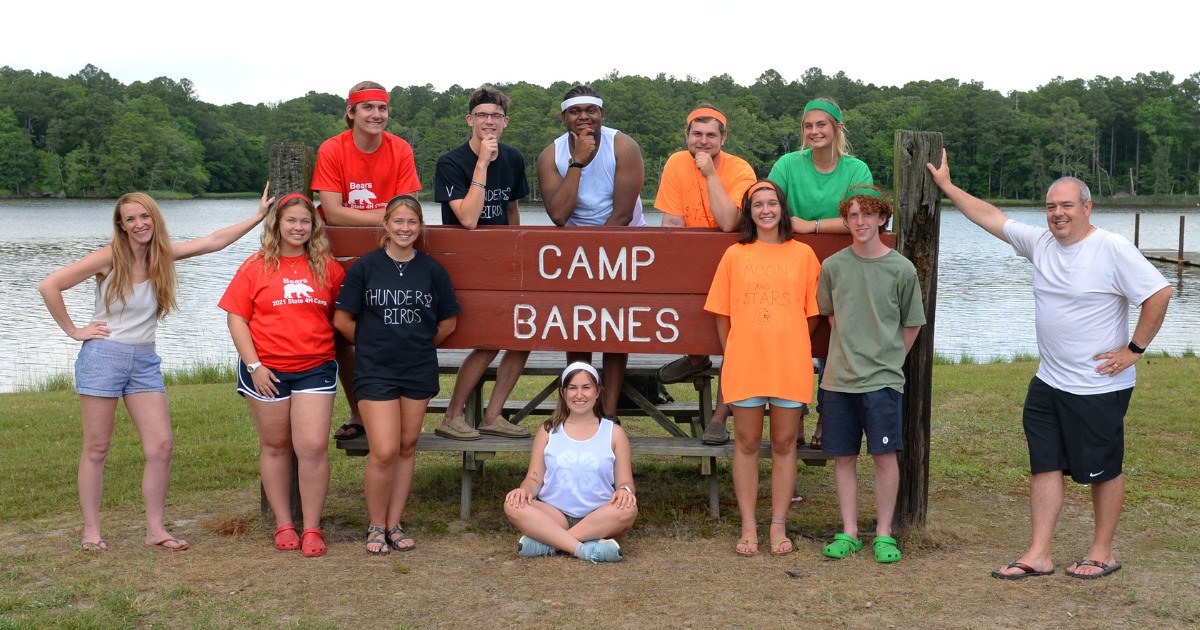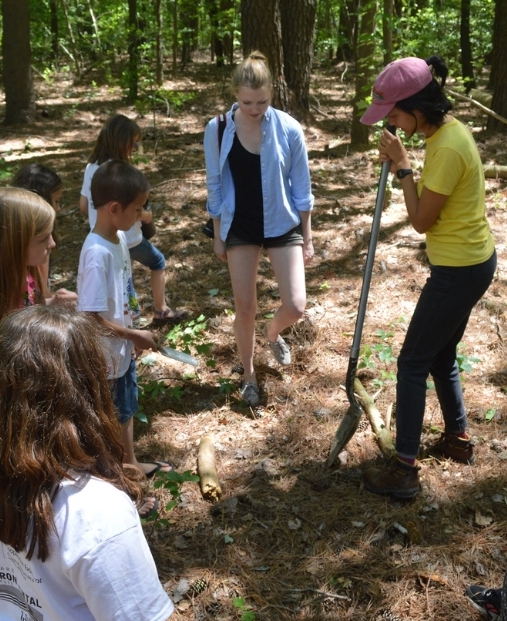
Category: Cooperative Extension

5 Ways Being a Summer Camp Counselor Can Prepare You for the Future
February 08, 2023 Written by Kaitlin Rogers, 4-H Youth Development Agent
Summer is the best time of the year! What’s not to love? Being outside, no school, the beach, summer camps, barbeques with family and friends and so much more! For many high-school youth, it is a time for summer jobs, internships, and community service hours. Being a summer camp counselor can be a rewarding and long-term beneficial summer job. Not only is it a terrific way to get volunteer hours, but it’s also fun! The skills developed while working with your peers and younger youth will carry on with you into adulthood.
While there are many benefits of being a summer camp counselor, a few rise to the top of the list:
1) Leadership
Leadership skills are best learned in real-life situations. Working with youth between the ages of 5-15 years old can bring new and different adventures. As a counselor, you lead decision making learn how to assist in behavior management and living ethics. You may have to think on your feet and be adaptable to an unexpected situation. These skills are necessary leadership skills that prepare you for the workforce or higher education.
2) Networking
You never know who you might meet at camp. Maybe as an engaged and enthusiastic counselor, you’ll stand out to a guest speaker or parent. Being a counselor could help you build connections that could potentially link to possible internships and future job opportunities. You never know; you may find yourself interviewing with that speaker’s organization or interning where that parent works. Building connections with fellow counselors and staff can also result in letters of recommendation. Camp directors are willing to write letters for staff who are dependable and try to engage with everyone from youth to other counselors and staff.

3) Life Skills
While working with others who are of different ages, you learn a lot about yourself and how to work with others. You’ll gain life skills that will help in college or the workforce, like effective communication, collaboration, critical thinking, contribution, and creativity. When in a residential camp, you also learn about living with others outside of your immediate household. This can help you understand living in a space with others and boundaries. When college admissions readers see camp counselor experience on a college application, they know that you were exposed to challenges that help foster these valuable life skills.
4) Diverse Experience
Working at a residential or day camp gives you the ability to pull together counselors/staff and campers who come from a variety of places and cultural perspectives. Exposure to working with others who may have a background that is different than yours prepares you for the workforce, high school group projects, and college by teaching you how to collaborate and understand different opinions. It builds empathy and acceptance for perspectives that are not your own.
5) Training
Acquiring different training, certifications, volunteer hours, and internship credits is beneficial for your resume, college application, and scholarship applications. Showing that you are willing to work hard to be more versatile catches the eyes of reviewers of scholarships and college applications.
The top five benefits listed above are just the tip of the iceberg when it comes to the valuable skills learned working as a summer camp counselor. You also never know who you might meet along the way. You could meet your best friend — or more! So, the next time you see an application for a summer camp counselor, don’t pass up the opportunity because you never know what doors it might open for your future!
